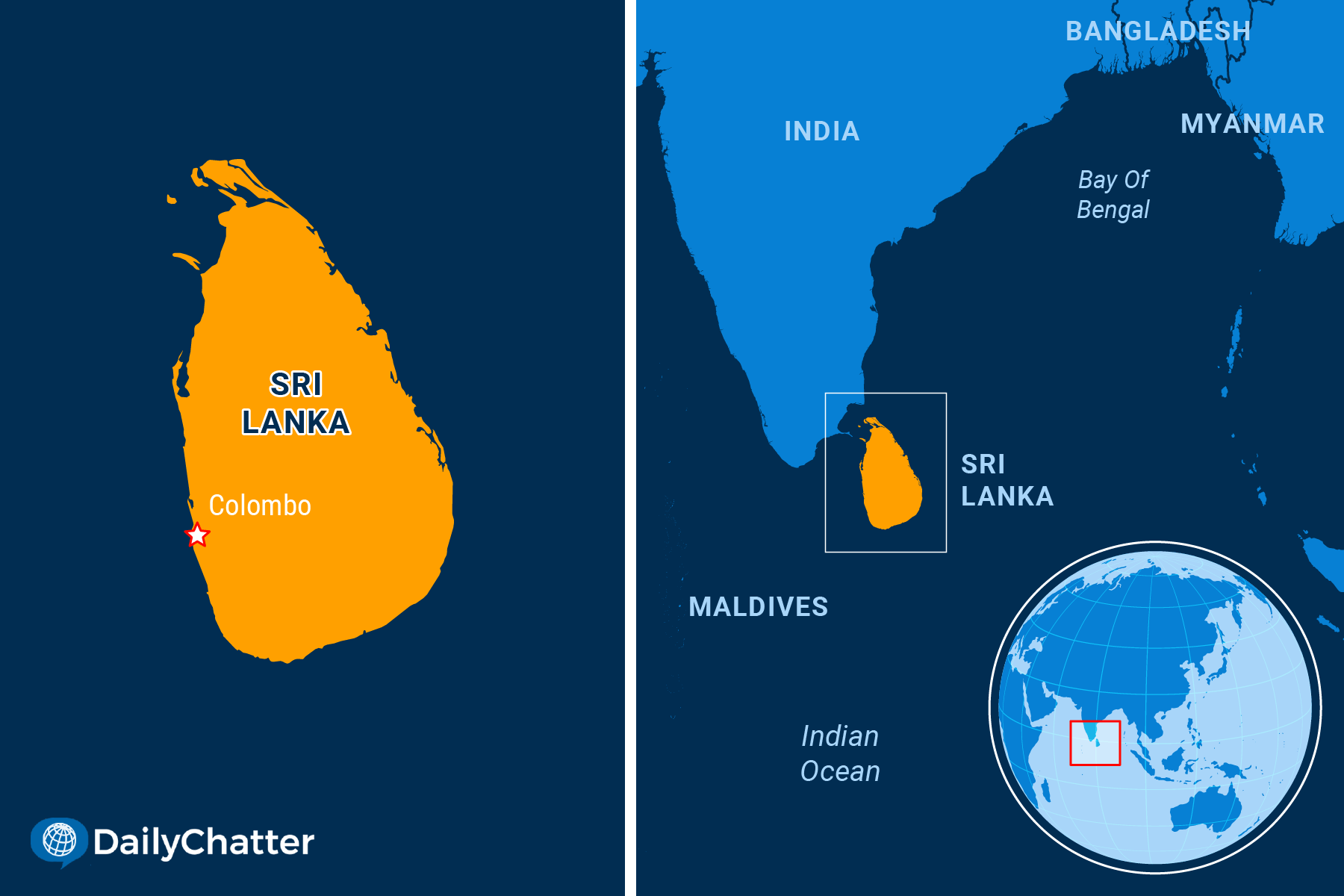Desperate, and Cursed

Schoolteacher Agnes Felician has been protesting lately against the policies of President Gotabaya Rajapaksa. But she also took to the streets recently to demand justice for the estimated 270 people who died when bombers attacked three churches and numerous hotels in the country in 2019.
Since then, as a trial of the alleged bombers winds slowly through the Sri Lankan courts, Rajapaksa has steered the country’s economy into a severe crisis, says Felician. She thinks he should resign. “A curse has befallen this government,” Felician told Al Jazeera. “After the Easter Sunday bombings, nothing has worked for this country and the opportunist leaders are cursed. They have blood on their hands for their failure to deliver justice.”
Felician might just get her wish. On Monday, officials from Sri Lanka’s main opposition party said “they have garnered more than the required 113 signatures from lawmakers to introduce a no-confidence vote against the government,” Bloomberg reported. That is raising the stake for the two Rajapaksa brothers who rule the country, the news outlet opined.
Already, tensions are rising. Clashes recently erupted between drivers and police on the island in the Indian Ocean as drivers formed long lines at gas stations, Reuters reported. The violence comes after waves of largely peaceful demonstrations against Rajapaksa amid rising inflation and shortages of fuel, medicine and other essentials. The country’s biggest retail fuel distributor recently hiked prices by 65 percent.
Human rights experts have asked for an investigation into a recent police shooting connected to the unrest, added the Associated Press. Footage of police firing into crowds has sparked indignation over the incident. Police said they needed to take drastic action to maintain peace.
Sri Lanka’s crisis is connected to the war in Ukraine, noted the Washington Post. The country was already facing economic turbulence due to debt-financed spending, tax cuts, poor farming policies and a plunge in tourism due to Covid-19. The Sri Lankan state recently defaulted on $51 billion of foreign debt, for example. But the war sent fuel and food prices soaring, ratcheting up the pressure on Sri Lankan consumers.
Rajapaksa, meanwhile, has refused to quit. He has admitted that he has made mistakes in the crisis, however, as the Hindustan Times wrote.
The president is seeking a rescue loan from the International Monetary Fund, reported Bloomberg. The IMF will likely ask the country to restructure its debt, necessitating the cooperation of Chinese creditors who have been lending liberally to Sri Lanka in recent years as leaders in Beijing have sought to expand their influence regionally and construct their massive Belt and Road trade initiative.
He might not get a chance to participate in the negotiations. As the Indian Express wrote, Prime Minister Mahinda Rajapaksa, a former Sir Lankan president who is Gotabaya Rajapaksa’s brother, has proposed a constitutional amendment that would make it harder for the president to remove the prime minister and cabinet from power. It’s not clear what the amendment would do in the short term but it doesn’t appear good for the president.
From President Rajapaksa’s perspective, a curse indeed might have befallen him.

Subscribe today and GlobalPost will be in your inbox the next weekday morning
Join us today and pay only $32.95 for an annual subscription, or less than $3 a month for our unique insights into crucial developments on the world stage. It’s by far the best investment you can make to expand your knowledge of the world.
And you get a free two-week trial with no obligation to continue.
